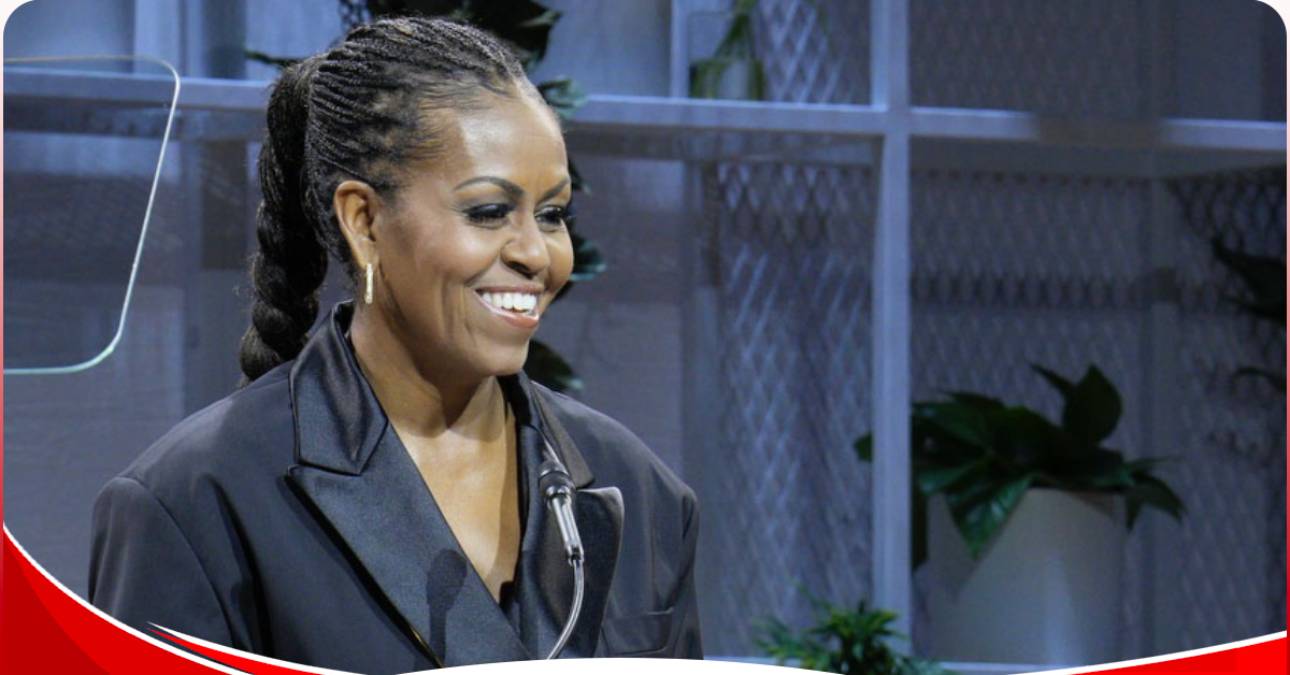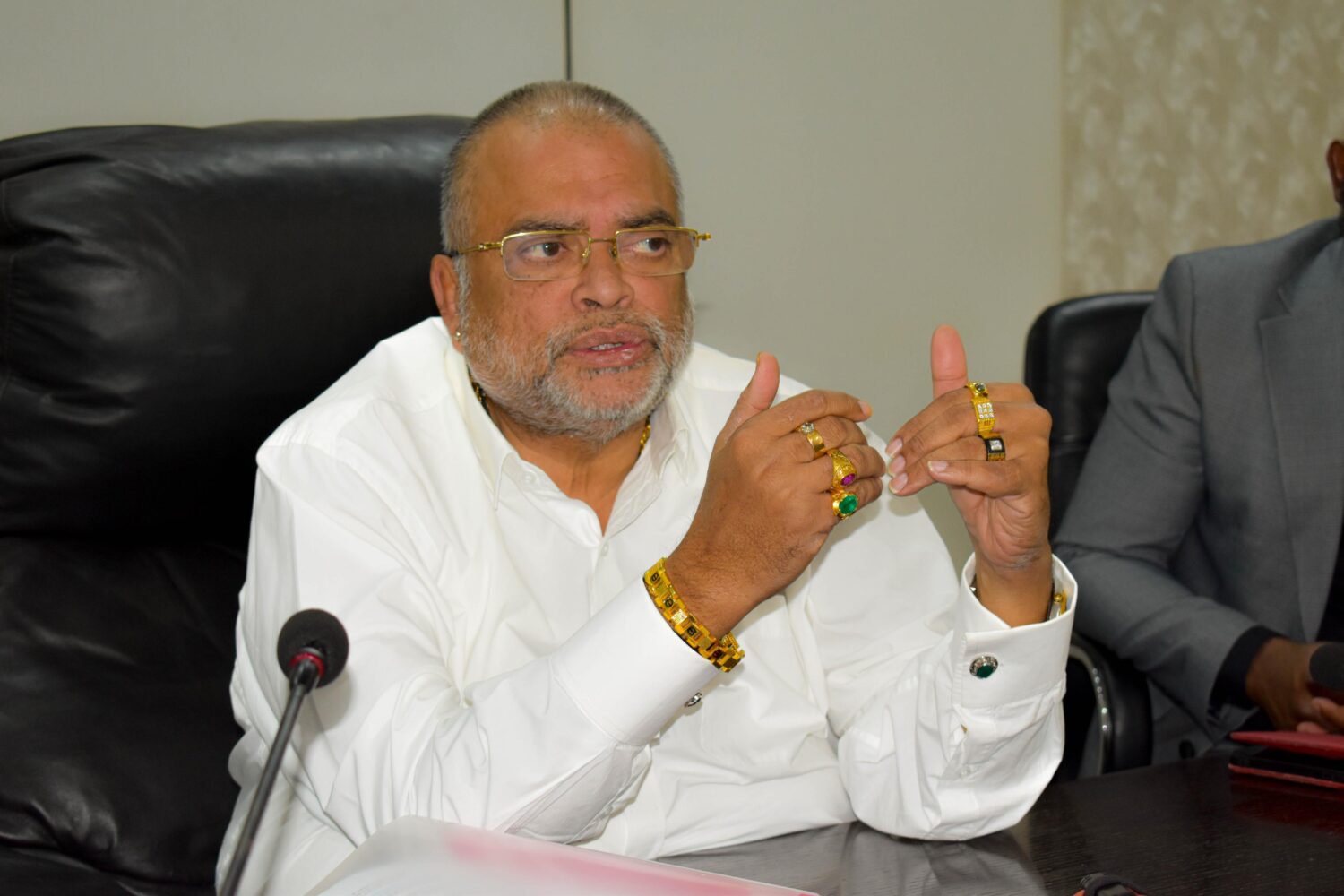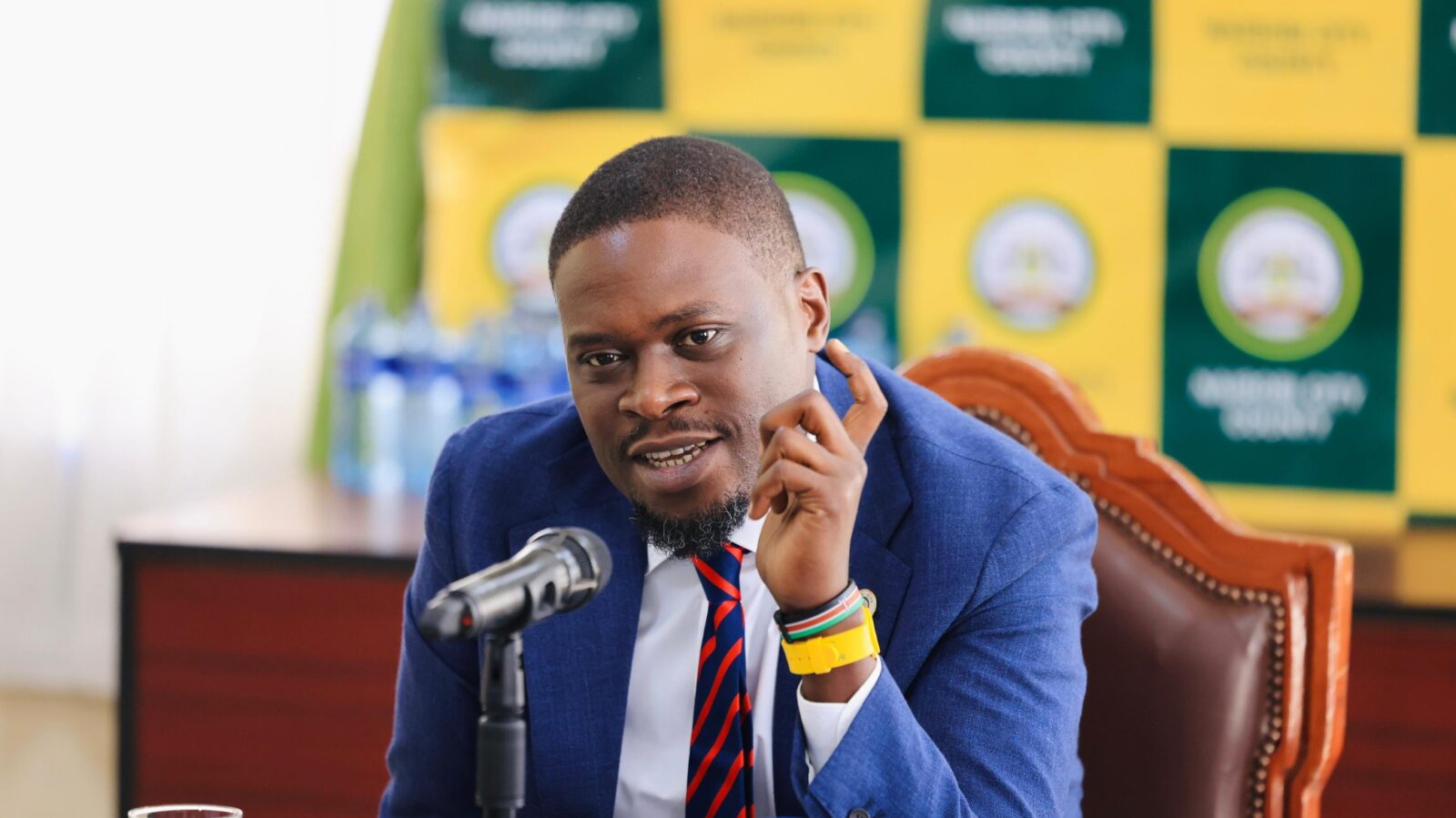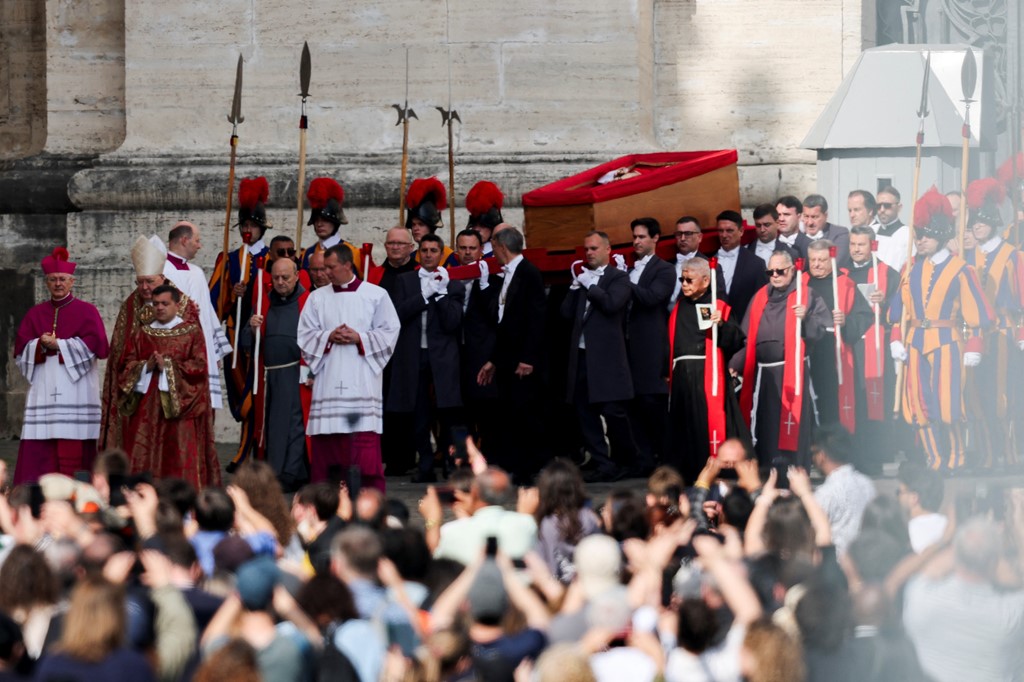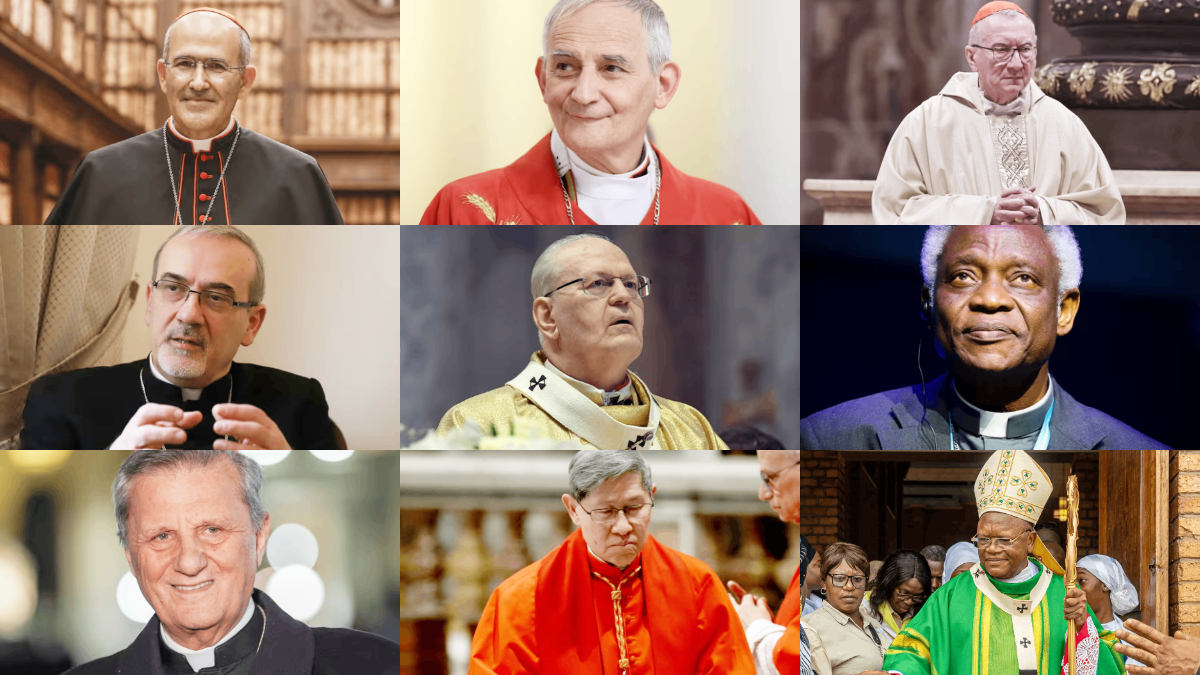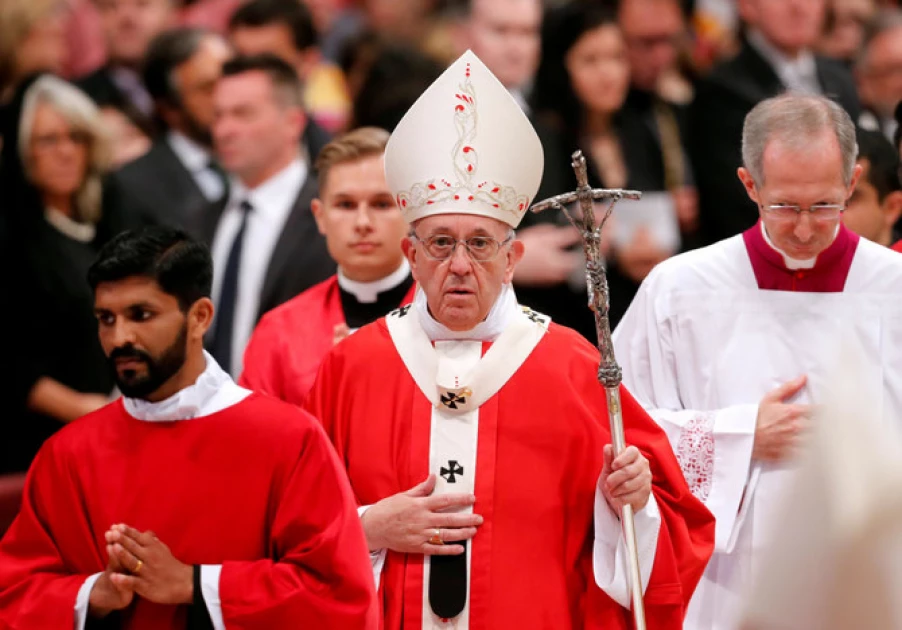Michelle Obama, the former first lady, has chosen not to attend Donald Trump’s second presidential inauguration on January 20.
The announcement follows her notable absence at the recent state funeral of former President Jimmy Carter, where she was expected to sit alongside President-elect Trump.
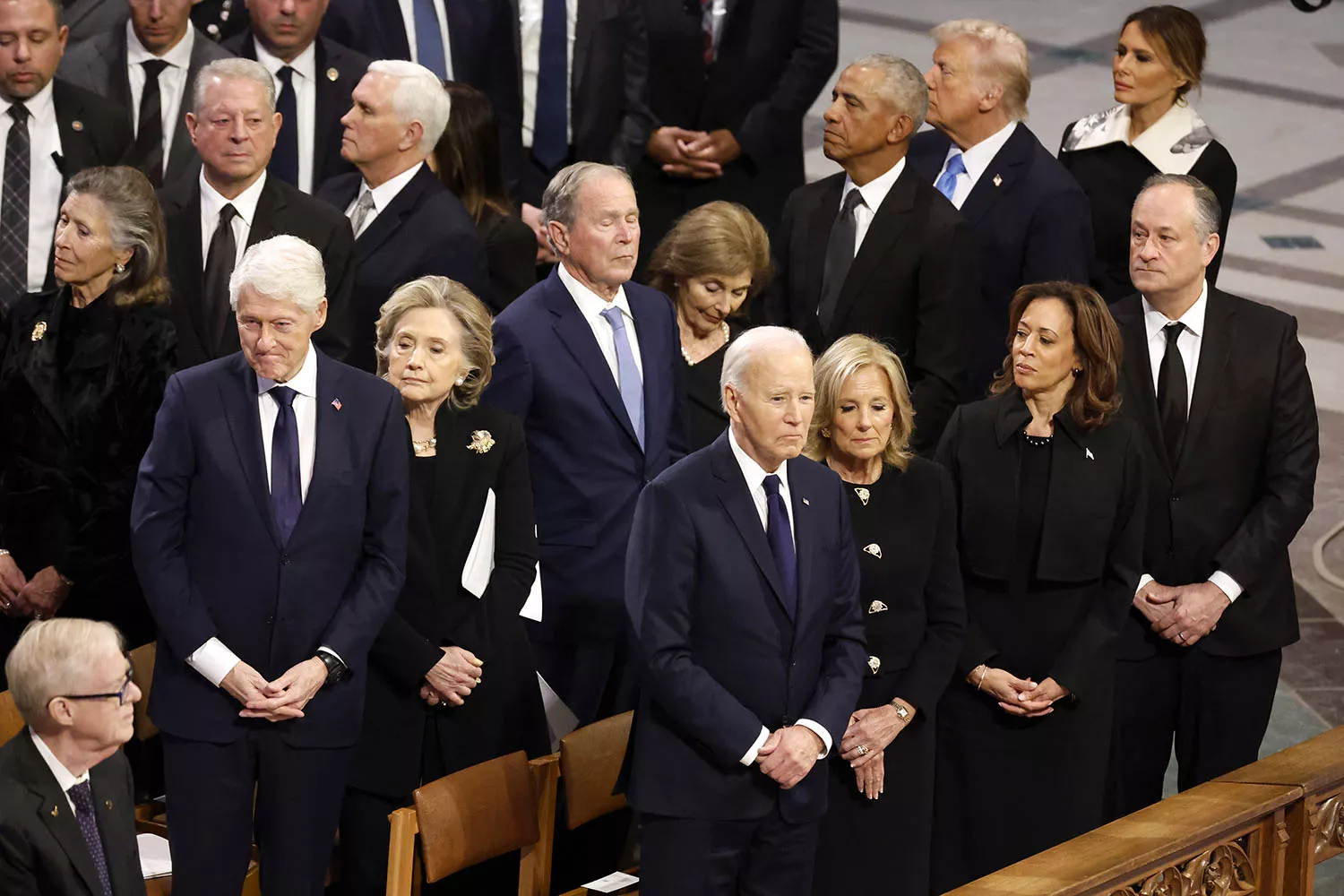
Reports from CNN revealed that Michelle was “still in Hawaii on an extended holiday vacation” during Carter’s funeral,
with her advisers citing a scheduling conflict as the reason for her absence.
The inauguration, a symbolic event marking the peaceful transfer of power, traditionally sees the attendance of former presidents and their families.
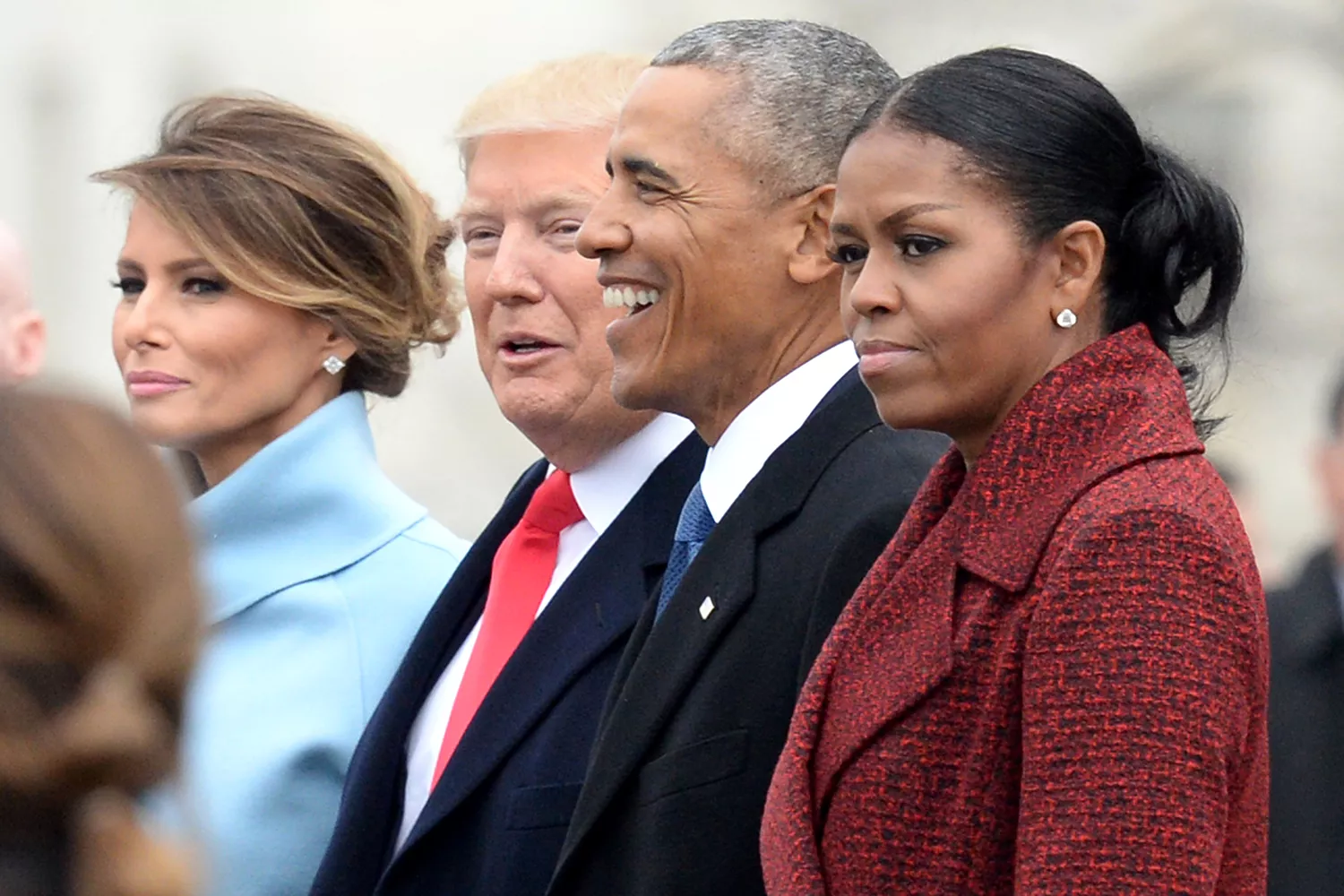
Trump’s first swearing-in ceremony in January 2017 was attended by Barack and Michelle Obama, Joe and Jill Biden, Hillary and Bill Clinton, George W. Bush, and Jimmy Carter.
Key members of Trump’s family, including Melania Trump, Ivanka Trump, and Jared Kushner, were also present.
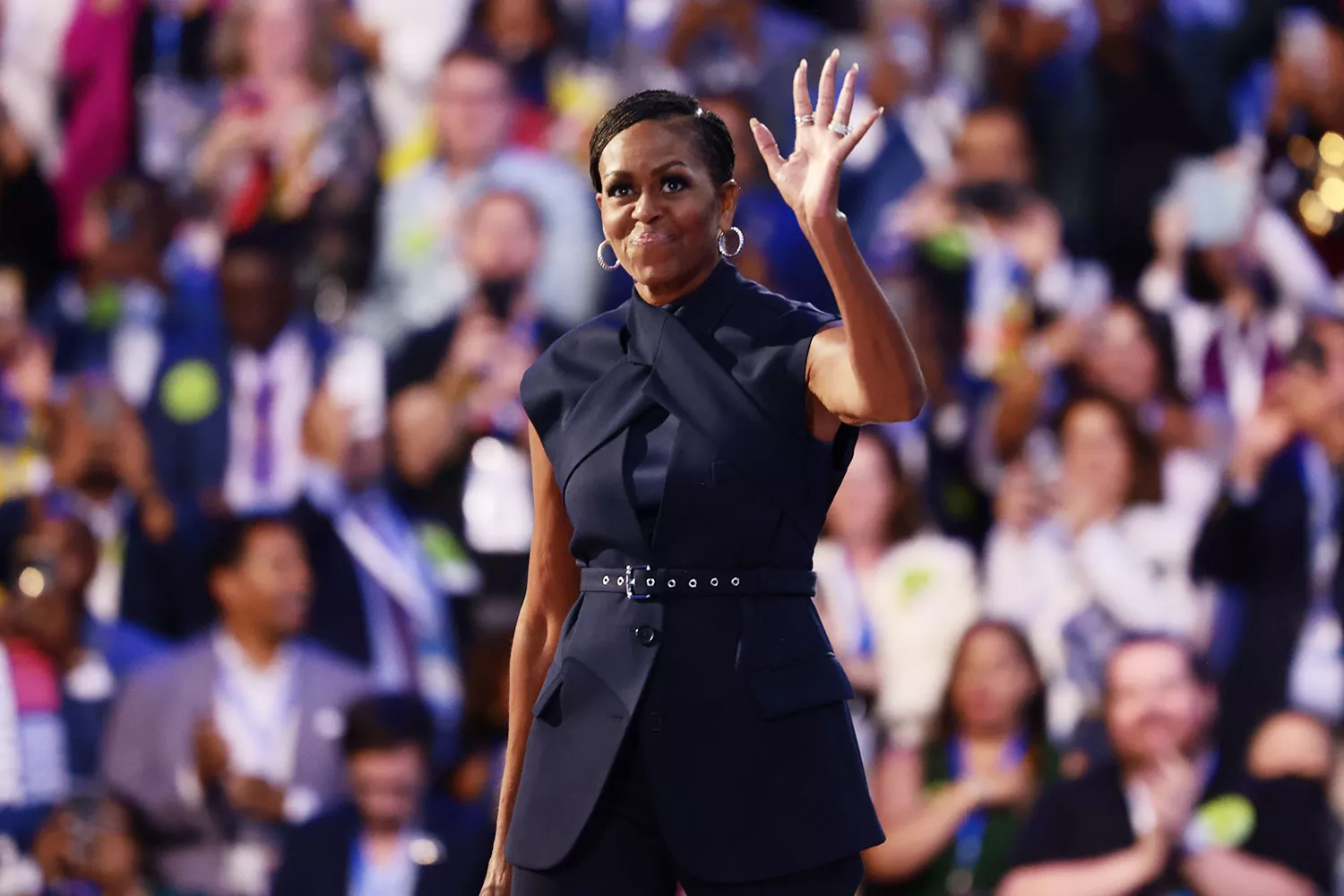
However, the dynamics between Trump and other political figures have often been strained.
For instance, Trump notably chose not to attend President Joe Biden’s 2021 inauguration following his election defeat, breaking a 150-year tradition.
Adding to the current buzz, Trump has planned a “Make America Great Again Victory Rally” on the eve of his inauguration, set for January 19 at Washington, D.C.’s Capital One Arena.
This rally, described by Trump as “a victory rally you’ll never forget,” will be his first in the capital since the controversial January 6, 2021, rally that led to the Capitol riot. T
he event space can hold up to 20,000 attendees, though the expected turnout remains unclear.
The former first lady’s decision not to attend has sparked discussions about the evolving norms of presidential inaugurations and the political tensions underlying these events.
As a figure admired for her grace and diplomacy, Michelle Obama’s absence adds a layer of intrigue to the already high-stakes occasion.
Whether her choice stems from personal convictions, political considerations, or logistical reasons, Michelle’s absence higlights the continued polarization in American politics.
Even during ceremonies meant to symbolize unity and continuity.


